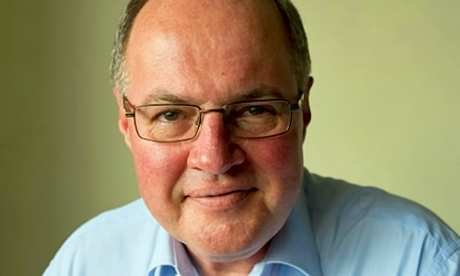Seeing Australia from outside the island continent offers some very strange views from time to time.
The outpouring of grief over the tragic accident that took the talented life of cricketer Phillip Hughes went global within a very short time.
The home of cricket – England – was profuse in the time devoted to this sad event.
While he was in hospital, Phillip Hughes was part of hourly bulletins on the BBC.
On the day Hughes was declared dead, the BBC gave a full quarter hour of coverage from England and Australia involving players, administrators, medical doctors, sports physicians and engineers who design helmets.
And all in prime time.
The tragic accident and its sorrowful unfolding has flooded the Australian media and will remain so till his funeral.
As one who has more than my fare share to do with death and grief, I know the exquisite pain and numbing sense of loss suffered by those people pole axed by its occurring.
There’s nothing to compare with the shock and dismay that comes with the unexpected death of someone full of promise.
But the intrusion into the intimacy of the experience by the world’s media and the reaction that it provokes in communities often only held together by the media they share has been on a scale not seen since the death of Princess Diana.
Even Elton John got in on the act to dedicate a song to Hughes.
Meanwhile and at the same time, an Israeli umpire gets hit on the head in a freak accident while doing his job and it is barely reported.
And the catalogue of the world’s atrocity stories are readily available but hardly get noticed.
What’s going on here? Yes some of it comes down to a world – Australia – where you dare not mention the “D” word – death.
It’s where we are all headed but never the subject of any conversation and little thought or reflection.
Especially among young athletes, the prospect of physical failure cannot be countenanced and the sheer lack of familiarity with death in the sanitized, fitness and success focused world of professional sport means that any accommodation of its reality is something that is put in the “too hard” basket indefinitely.
But there’s something else.
Recently a senior figure in the Australian Rugby Union who played for the Wallabies when it was an amateur sport gave his account of why the Wallabies are doing so badly.
It’s not that they haven’t got the talent or they’re demoralized or they aren’t fit enough or have too many among them on the injury list.
My friend reckons it’s because they’re paid too much.
They’re paid so much and on such long contracts that they have to look after themselves or have their working life shortened. So, says my pal, they won’t have a go.
Whether that’s the explanation or something else is at the heart of the Wallabies’ woes is not my point.
What the allegation points to is the hermetically sealed world professional athletes live in and it’s all focused on what Miss Piggy once neatly summarized: “moi” (me).
So, when reality breaks and death intrudes, worlds shatter.
But not just the world of those intimately involved with the deceased, as it does for all those who lose someone close and loved.
A global community that is tied up with supporting that hermetically sealed world of professional sports breaks open.
People who had never met the deceased somehow feel a sense of tragic loss well beyond the sadness we should all feel at someone else’s misfortune.
Prime Ministers eulogize, commentators offer opinions, individuals put out bats and flowers.
What’s it saying about us? As a regular celebrant of funerals, I never tire of saying to a grieving family that the ceremony isn’t for the deceased.
Sadly, they’re gone. It’s for the living, the ones left behind.
What does the outpouring over Phillip Hughes say about the culture he’s left behind?
As I said, Australia is becoming a stranger and stranger place to me.
- Michael Kelly S.J. in Pearls and Irritations
Michael Kelly is an Australian Jesuit Priest, now based in Bangkok.
